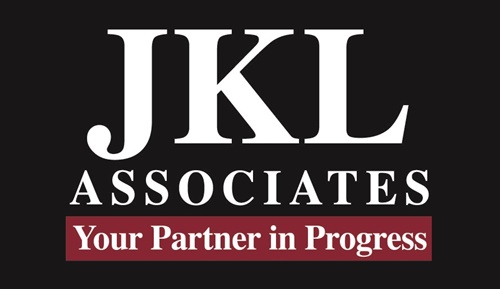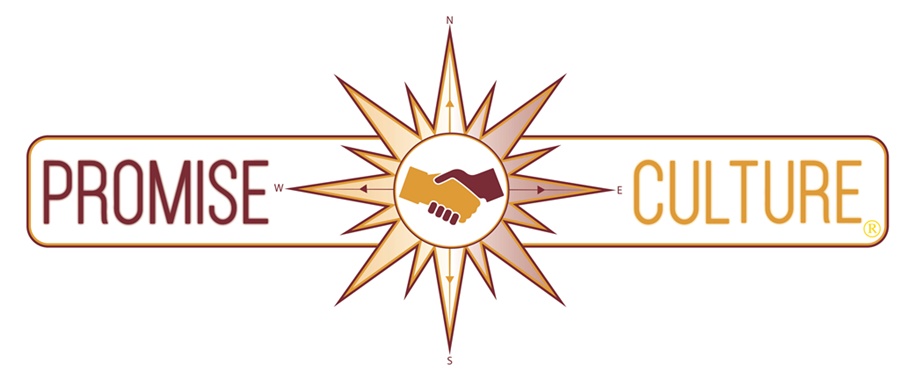Last week, we discussed the growth of the owner, from starting with a job in the business to the growth opportunity of being an asset owner. We highlighted that this is not a casual effort and must be part of the focus and expectation of the desired outcomes of business ownership. With that same understanding of it being part of the end game expectations, the investment in team members must also be made to support that growth plan.
These investments in team members come in a few forms, so today, we will discuss the aspects of training team members and developing team members. Both are important to the business’s success, and one without the other leaves large gaps in the success of the business. Team member training tends to focus on particular skills that can contribute to the business’s deliverables. Team member development builds on solid training but empowers and enables team members to not just rely on skills but to fold in other aspects of themselves and the business into a complete offering.
Each role in an organization exists only if the cost of having it delivers the contribution it makes to support the growth of the business. If the role did not contribute, then it would not exist. As it has specific deliverables and expectations to fulfill, there are associated skills that need to either be learned or brought into the role. This is where training in role skills takes place. Each organization has a specific way in which they prefer things to be done and accomplished. People doing the role need and deserve skills training so they can contribute at the highest level.
These same people who are invested in skills training are also the same people who need development. Just because a person might be trained in how to perform a given task does not mean they understand how that task fits into the organization’s processes or procedures. This is where development comes into practice. When an organization takes the time to develop a person’s understanding and knowledge not only of how to do a task but how it fits into the overall organizational flow, they are allowed to be part of the team and not just part of the mechanism.
Too often, this distinction is lost. People associate training with skilled workers and development with management or leadership. All of an organization’s various resources need both training and development. For example, in a management or leadership role, the person needs to know how to complete various documents for compliance purposes. Maybe by the time they are in the role, they have already worked in other areas of the business and thus understand how the documents are tied together. Too often, again, it gets assumed that because a person is in the business, they understand all aspects of the business workflow. This is a great leap of faith that, more often than not, causes issues downstream and thus costs the business additional dollars to redo some aspects of the work.
This week, take a look at your investment in training and development. Are you complementing the role demands with the necessary tools, training, and development so each team member has the opportunity to contribute at their greatest level? Do the team members know the expectations of the role they are doing and how it fits into the overall success of the business?
Curious about the training and development efforts you are doing and if they are contributing appropriately? Consider a conversation with a Promise Guide on doing an audit of your expectations. Give JKL Associates a call at FL (407) 984-7246 or MI (313) 527-7945.
COPYRIGHT – JKL ASSOCIATES 2024
QUESTIONS OR COMMENTS – EMAIL US AT PARTNERS@JKLASSOCIATES.COM OR CALL OUR OFFICES – MI AT (313) 527-7945 FL AT (407) 984-7246
Celebrating 30 years of Delivering on “Promises”




